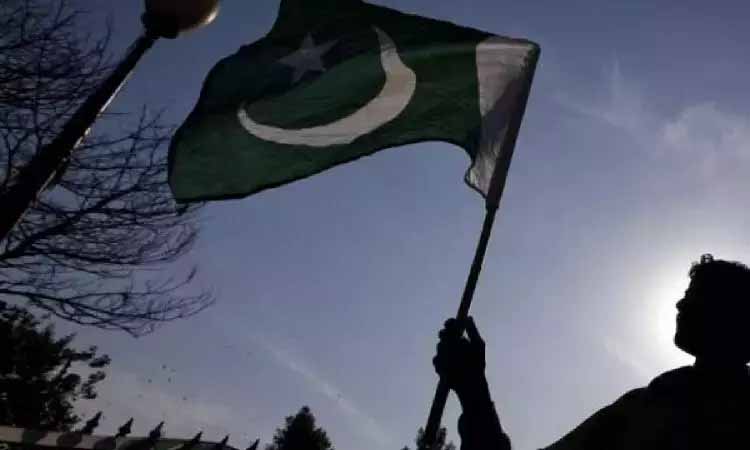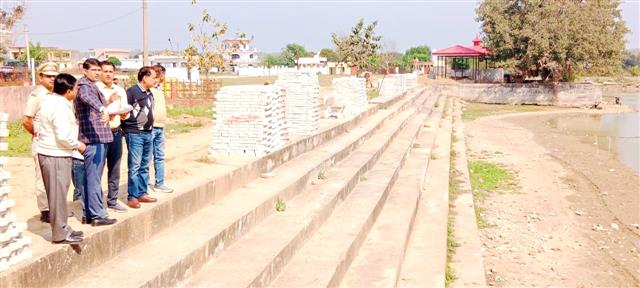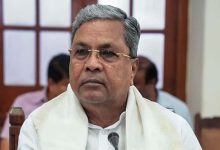
ISLAMABAD: The Registrar of the Supreme Court of Pakistan on Thursday returned with objections Pakistan Tehreek-e-Insaf’s (PTI) petition seeking nationwide elections in the country within 90 days, Pakistan-based Geo News reported. The petition was returned because the former ruling coalition had not approached the relevant forums before filing the petition in the Supreme Court. PTI also included Pakistan President Arif Alvi as a respondent in the petition. However, the Registrar said that the head of the state cannot be made a part of the petition under Article 248. According to Geo News report, the Supreme Court Registrar further said, “The petition does not mention which fundamental right of the petitioner has been violated. The petition seeks the court’s intervention under Article 184/3 Does not meet the requirements.” In August, PTI approached the apex court seeking directions to hold elections in Pakistan within 90 days of the dissolution of the National Assembly. The petitioner, who is PTI General Secretary Omar Ayub, urged the Supreme Court to direct Pakistan President Alvi to give the date of elections and direct the Election Commission of Pakistan (ECP) to issue the election schedule accordingly. Ayub filed the petition under Article 184(3) of the Constitution and requested the court to declare the decision of the Council of Common Interest (CCI) dated August 5, 2023, approving the census, as illegal and void ab initio. According to Geo News report, this was the second petition filed in the Supreme Court. Earlier, Supreme Court Bar Association (SCBA) President Abid S Zubairi had also filed the same petition in the Supreme Court. Zubairi filed the petition through Barrister Ali Zafar, which also prayed that the Statistics Bureau’s notification dated August 8, 2023, be declared illegal, unlawful and void ab initio.
He also requested the court to declare the action proposed to be taken by the ECP on August 17, 2023, as illegal, unlawful and void ab initio. In the petition, PTI had named ECP, the federation, Pakistan’s Parliamentary Affairs Ministry, Council of Common Interest (CCI), chief secretaries of Punjab, Khyber, Sindh, Balochistan and others as respondents. PTI also requested the court to require the Sindh Governor to announce the election date within 90 days of the dissolution of the Sindh Assembly and ask the electoral body to issue the election schedule accordingly, and The same can be done for Balochistan province. , Meanwhile, the ECP further said that the elections in Punjab and Khyber Pakhtunkhwa assemblies can be held as per the court’s decision and within the time limit fixed by the court, Geo News reported. In the petition, PTI said the census is being used by the ECP as an excuse to delay the National Assembly elections, as shown by the ECP in its reply to the President’s letter dated August 23, dated August 24, 2023. , 2023. On September 13, Pakistan President Arif Alvi proposed the national election date as November 6 in a letter to Chief Election Commissioner (CEC) Sikandar Sultan Raja, Pakistan-based Dawn reported. In the letter, President Alvi said that he had dissolved the National Assembly on 9 August on the advice of the Prime Minister. Notably, the President’s advice to the CEC comes against the backdrop of divided opinion among stakeholders on the election deadline.
He also cited Article 48(5) of the Constitution, which he said empowers and orders the President to appoint a date within 90 days from the date of dissolution for holding general elections to the Assembly. ‘According to Dawn’s report. “Therefore, in terms of Article 48(5), a general election to the National Assembly should be held not later than the 89th day after the date of dissolution of the National Assembly, that is, Monday, 6 November 2023,” the letter said. ” According to Dawn report, Alvi reminded in the letter that “in an effort to fulfill constitutional obligations”, the Chief Election Commissioner has been invited for a meeting to work out the modalities of implementing the constitutional intent and mandate. He acknowledged that the Election Commission of Pakistan (ECP) will follow all constitutional and legal steps prescribed under ‘Articles 51, 218, 219, 220 and the Election Act, 2017’ for organizing and conducting free and fair elections. Was the responsibility of.
















